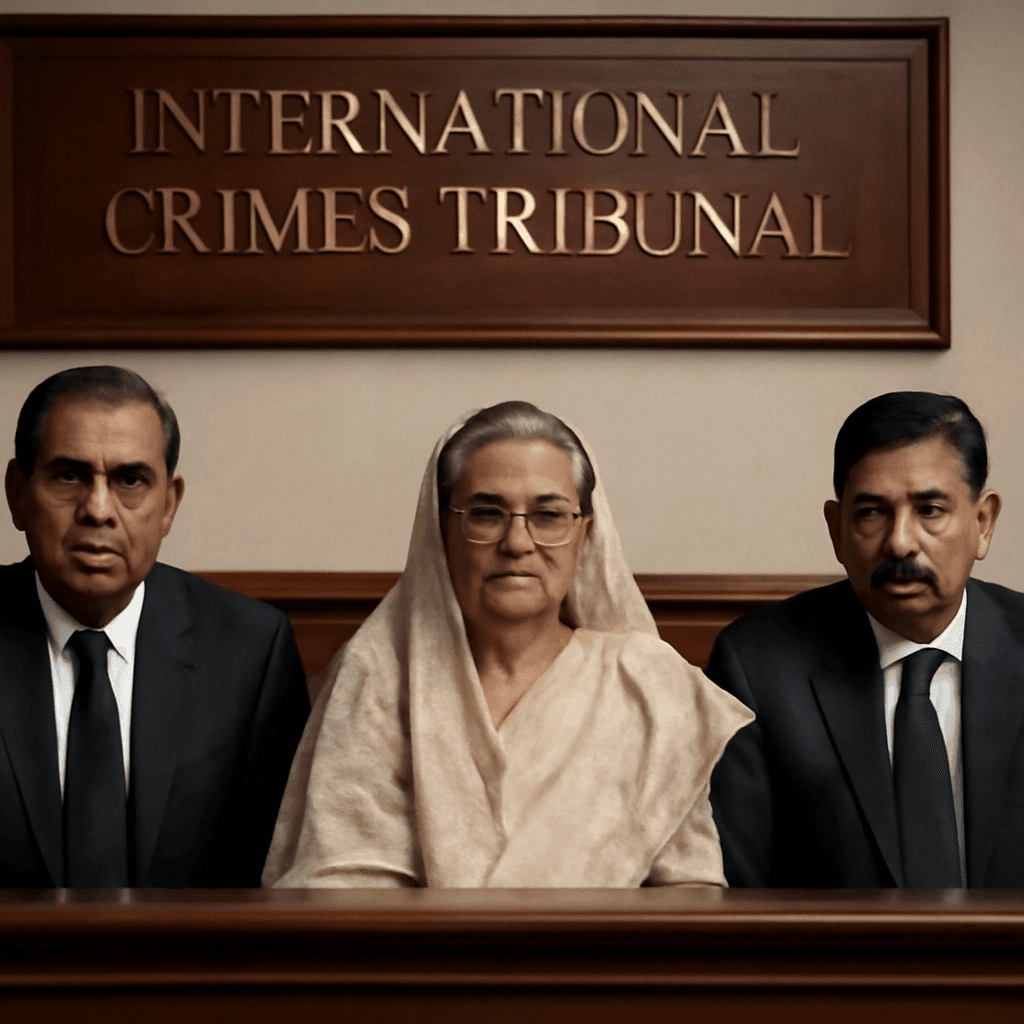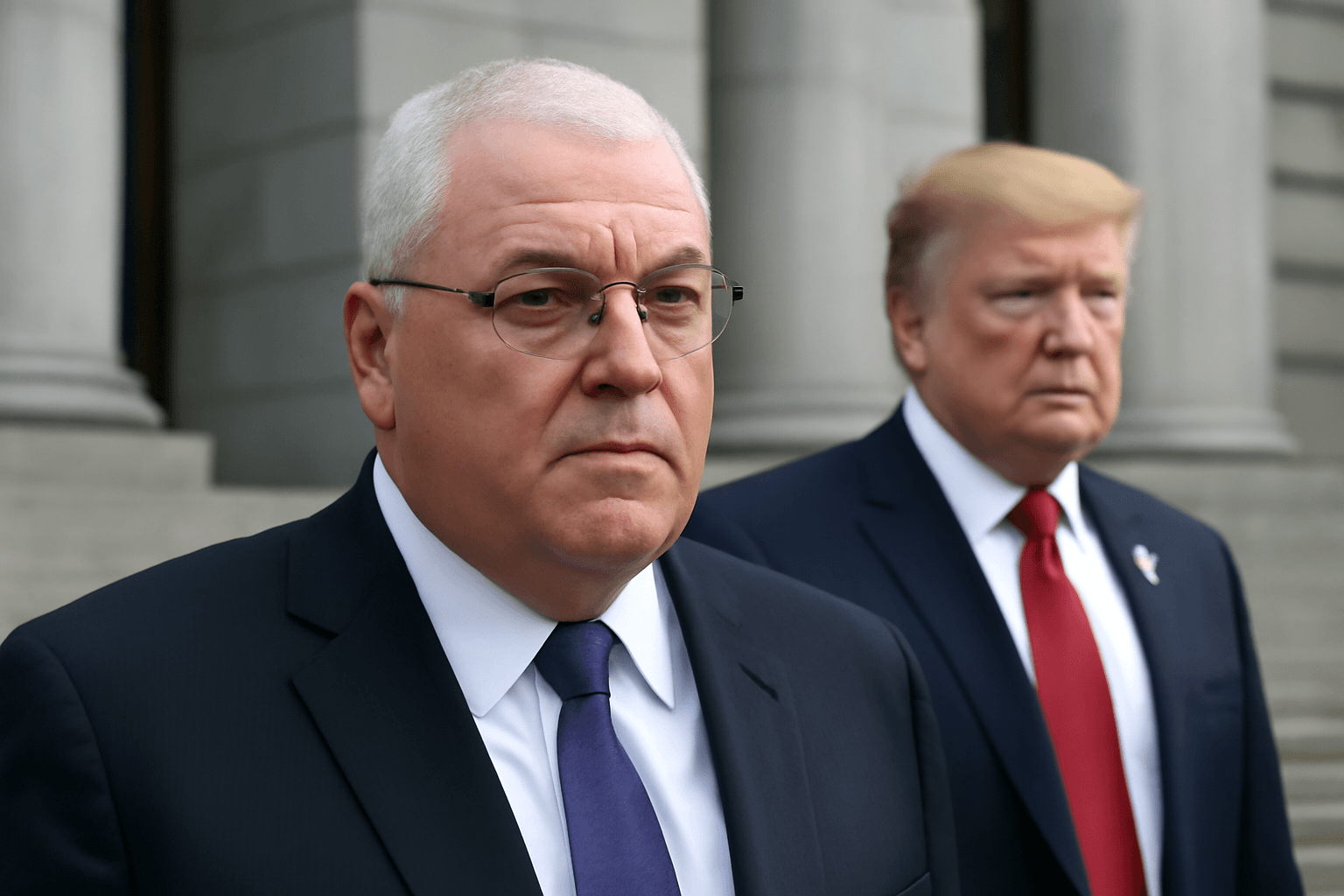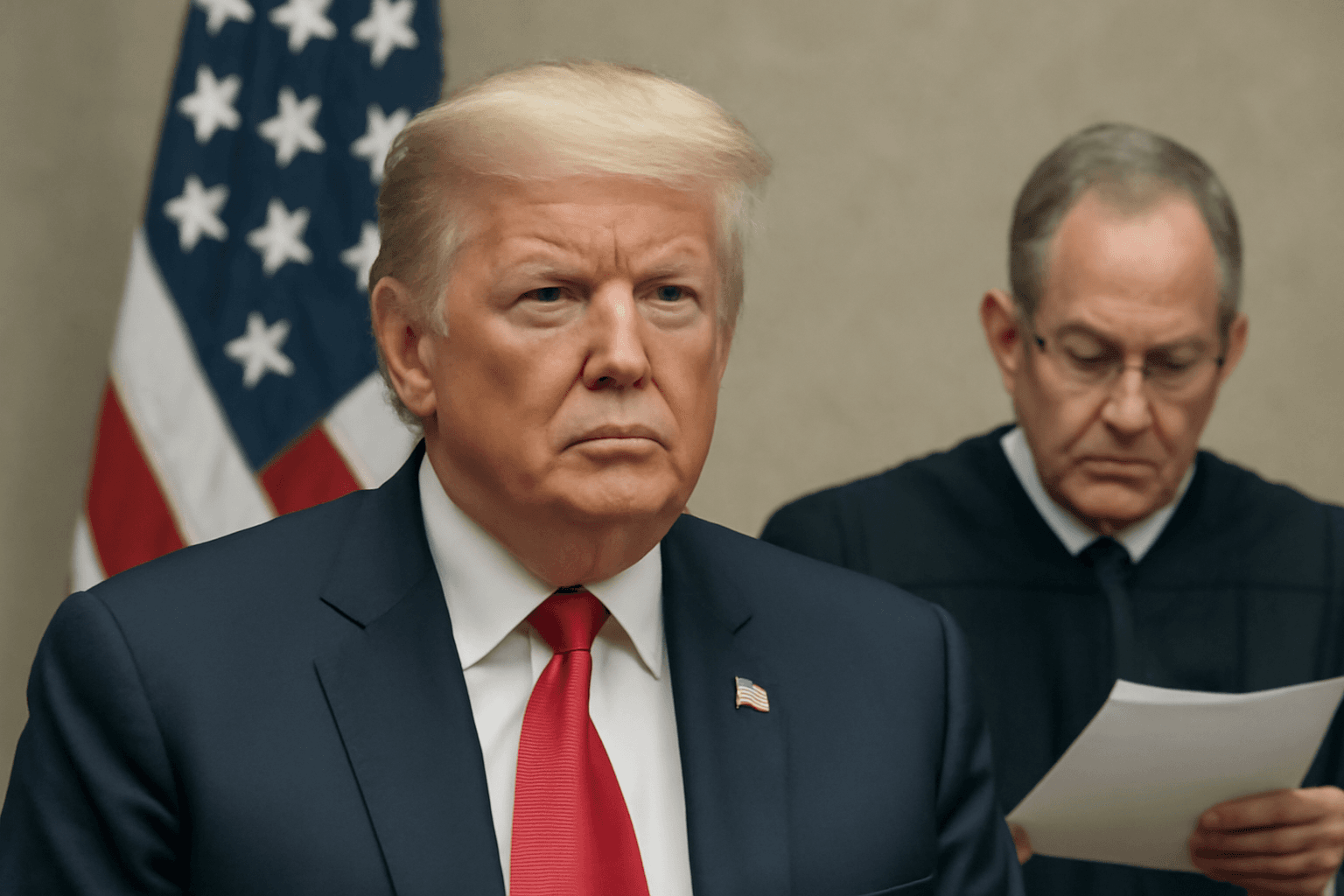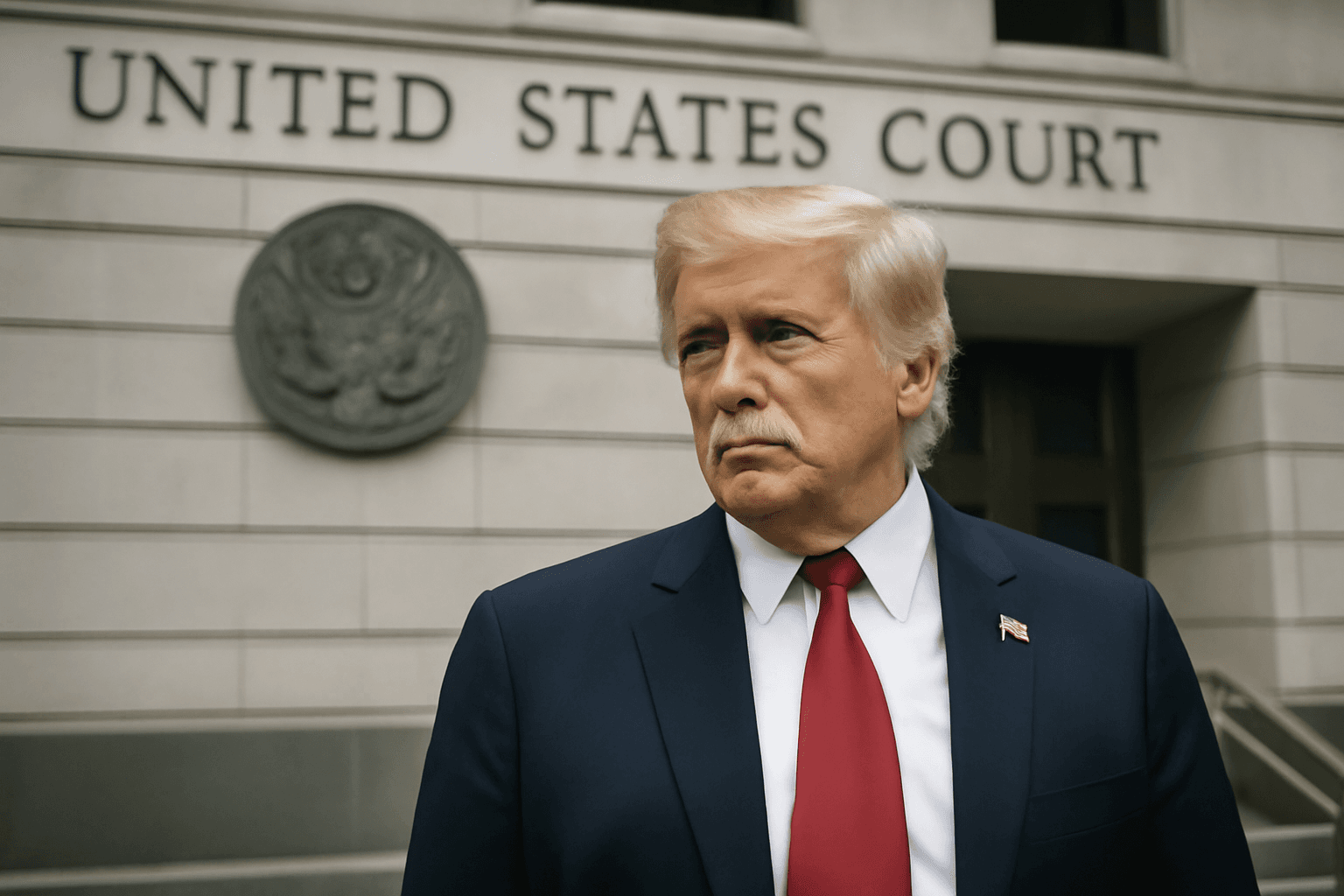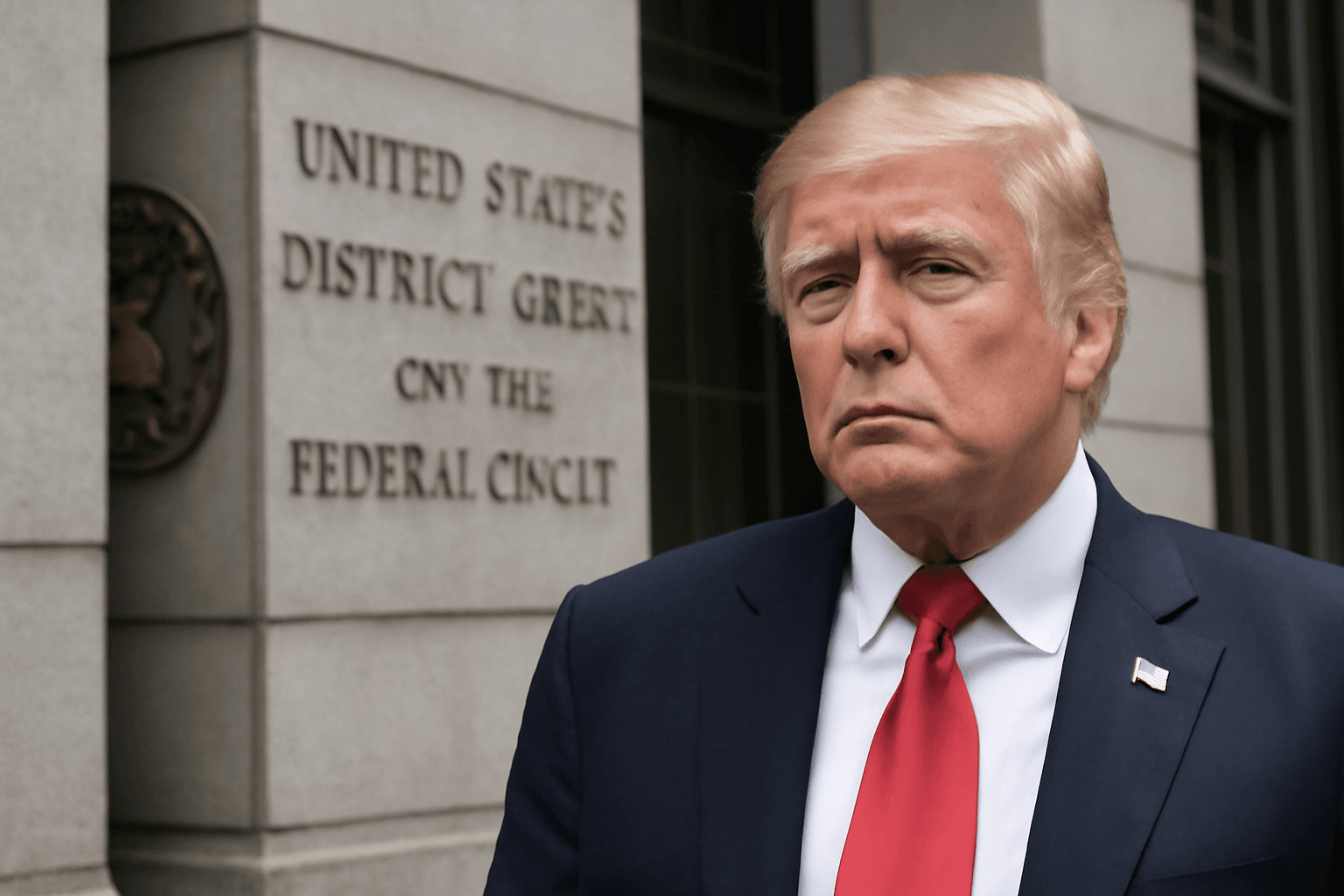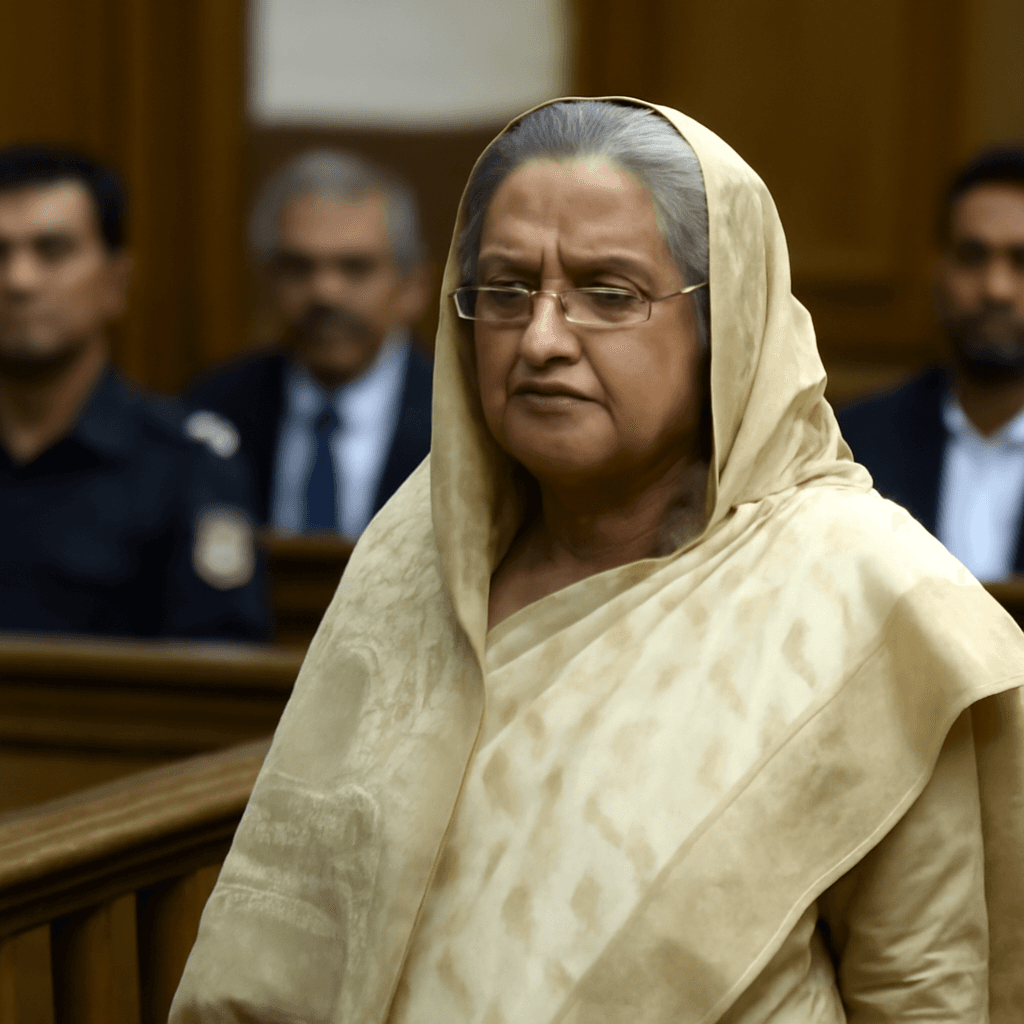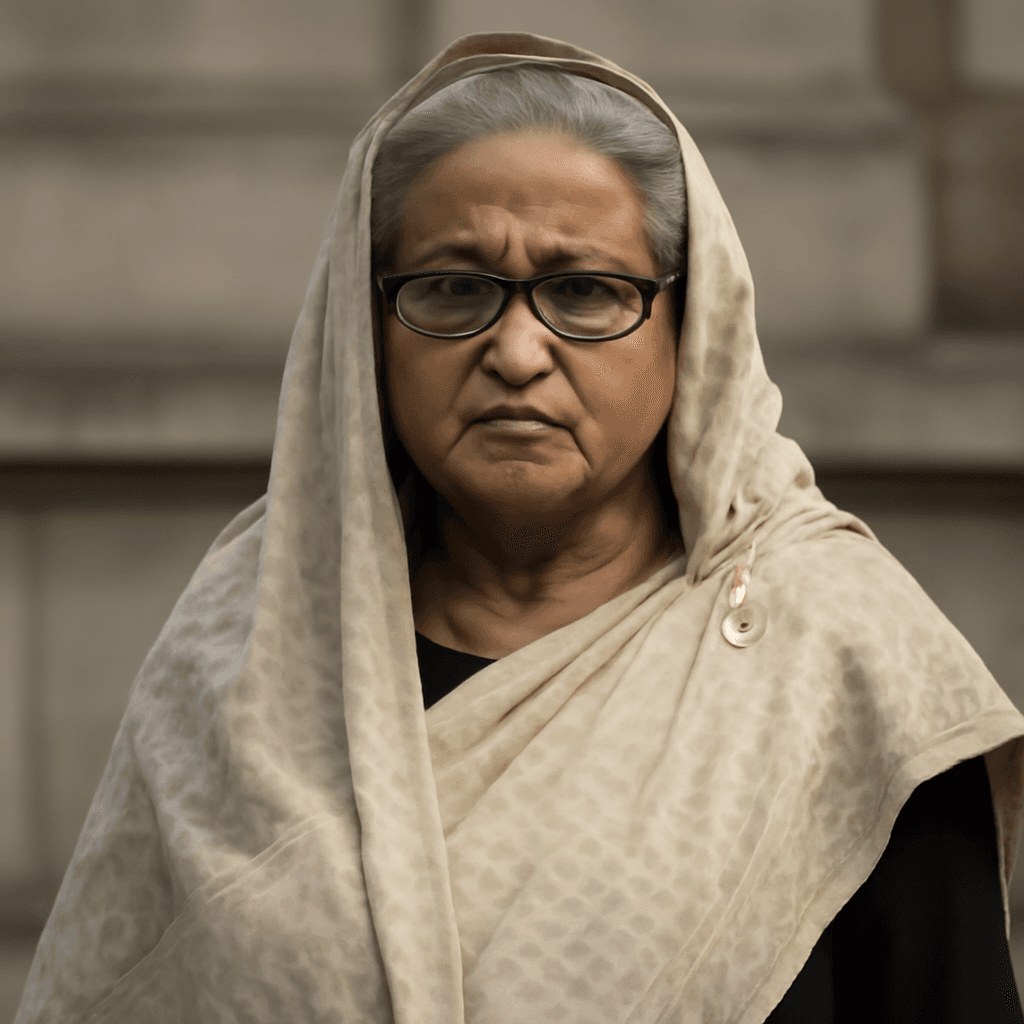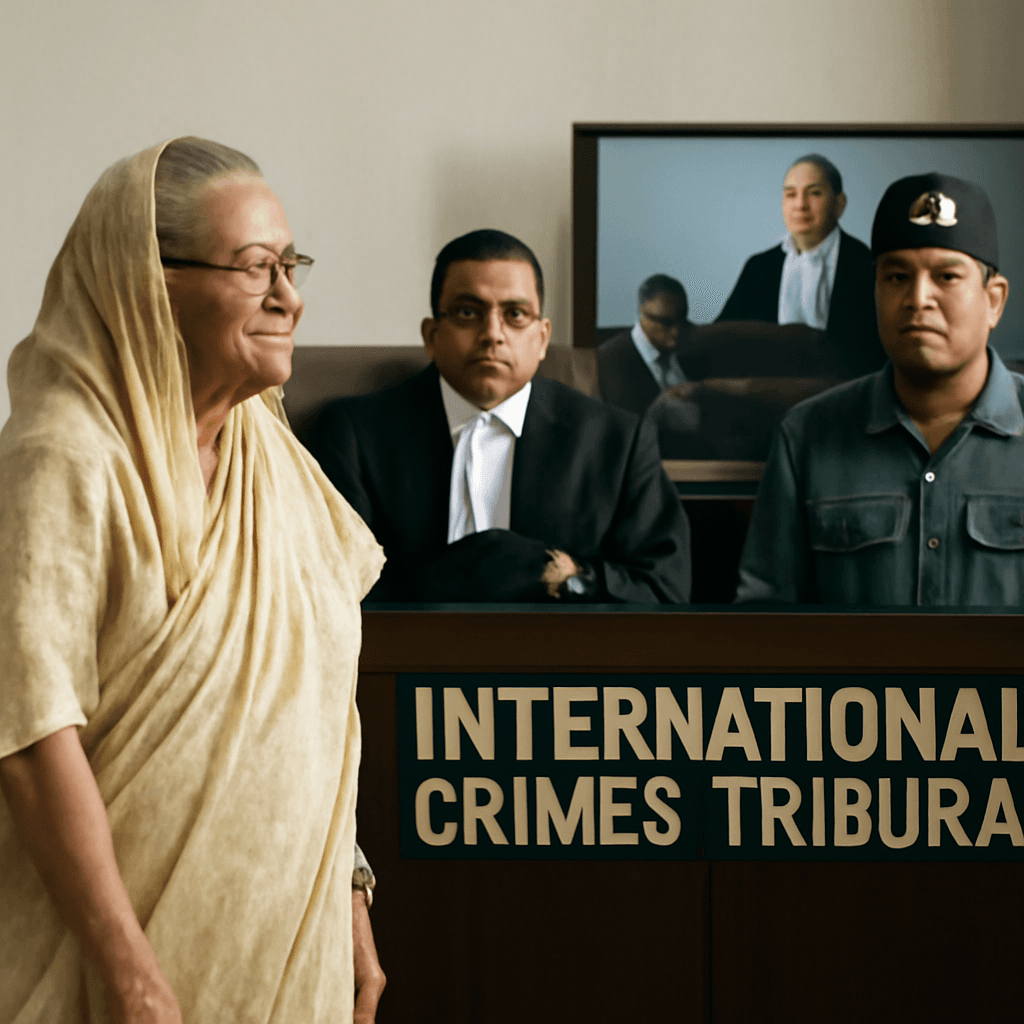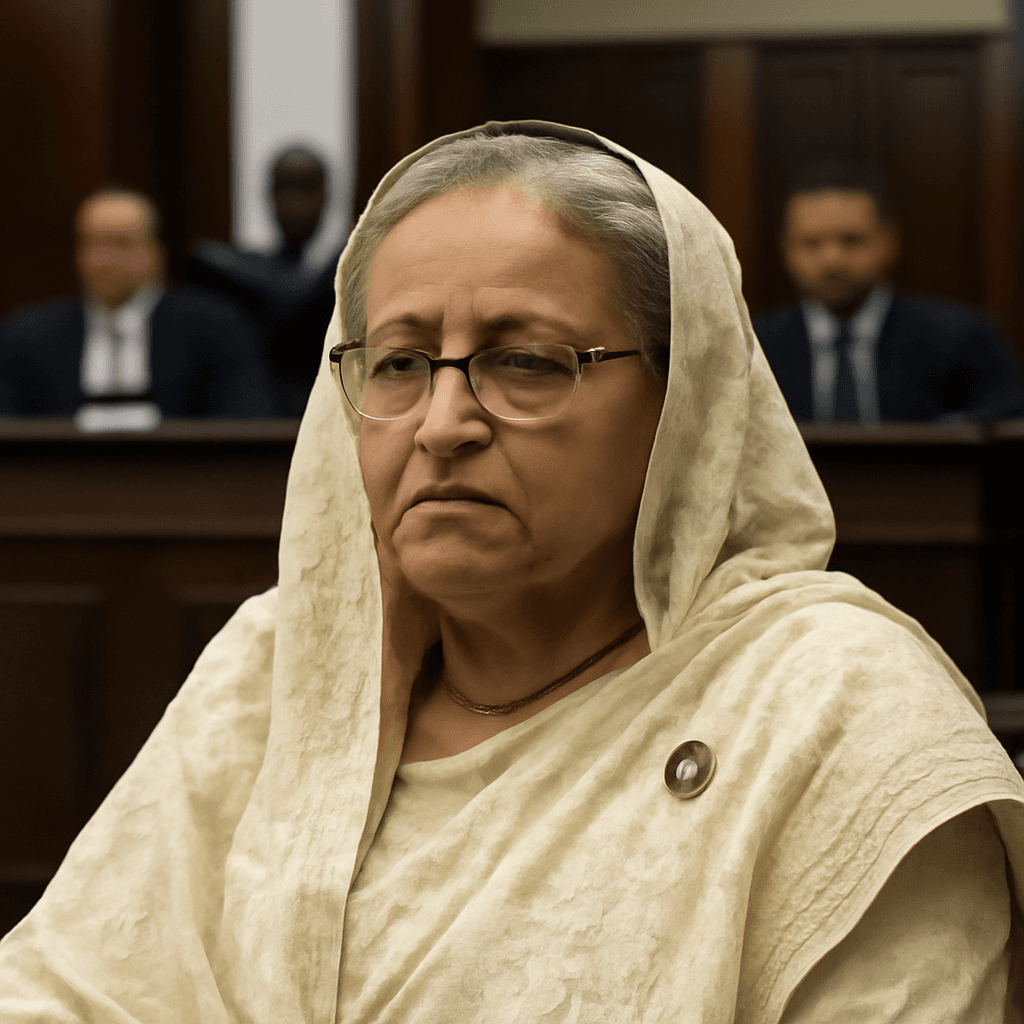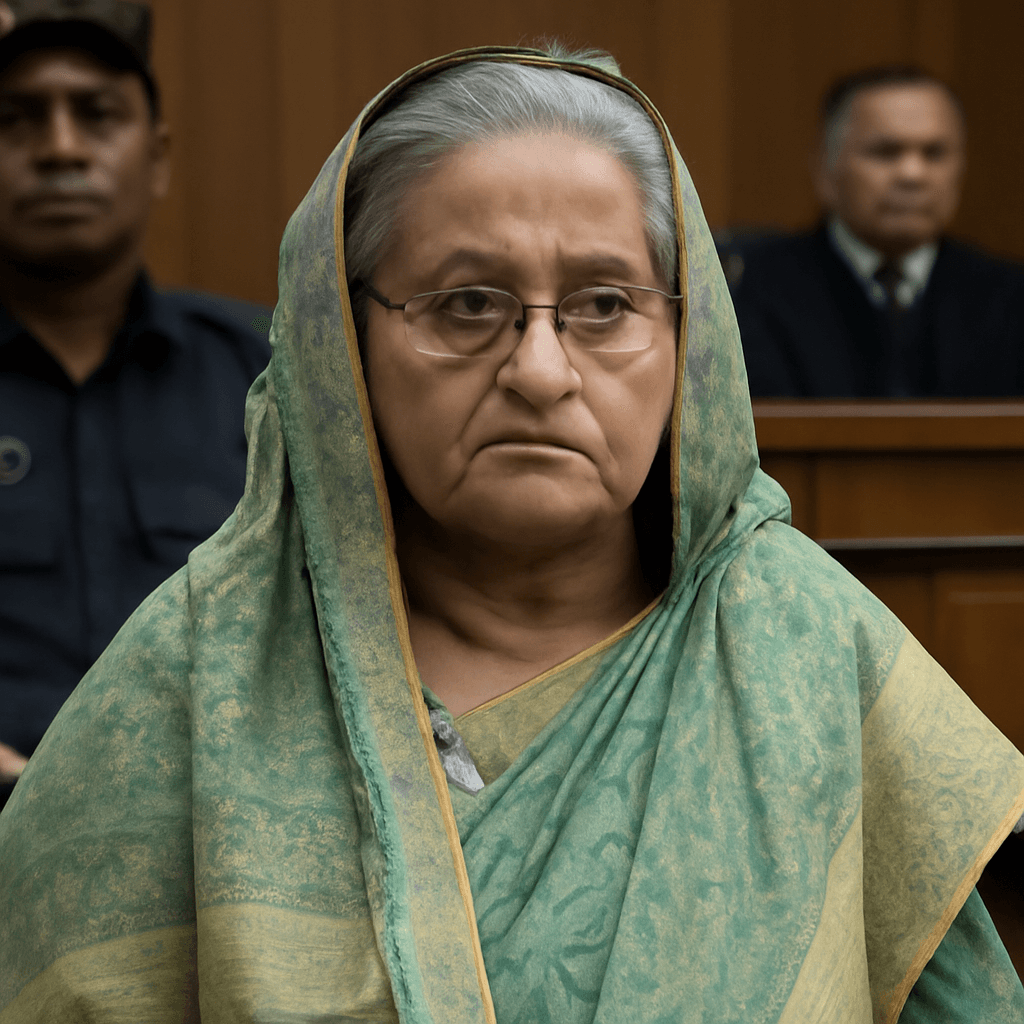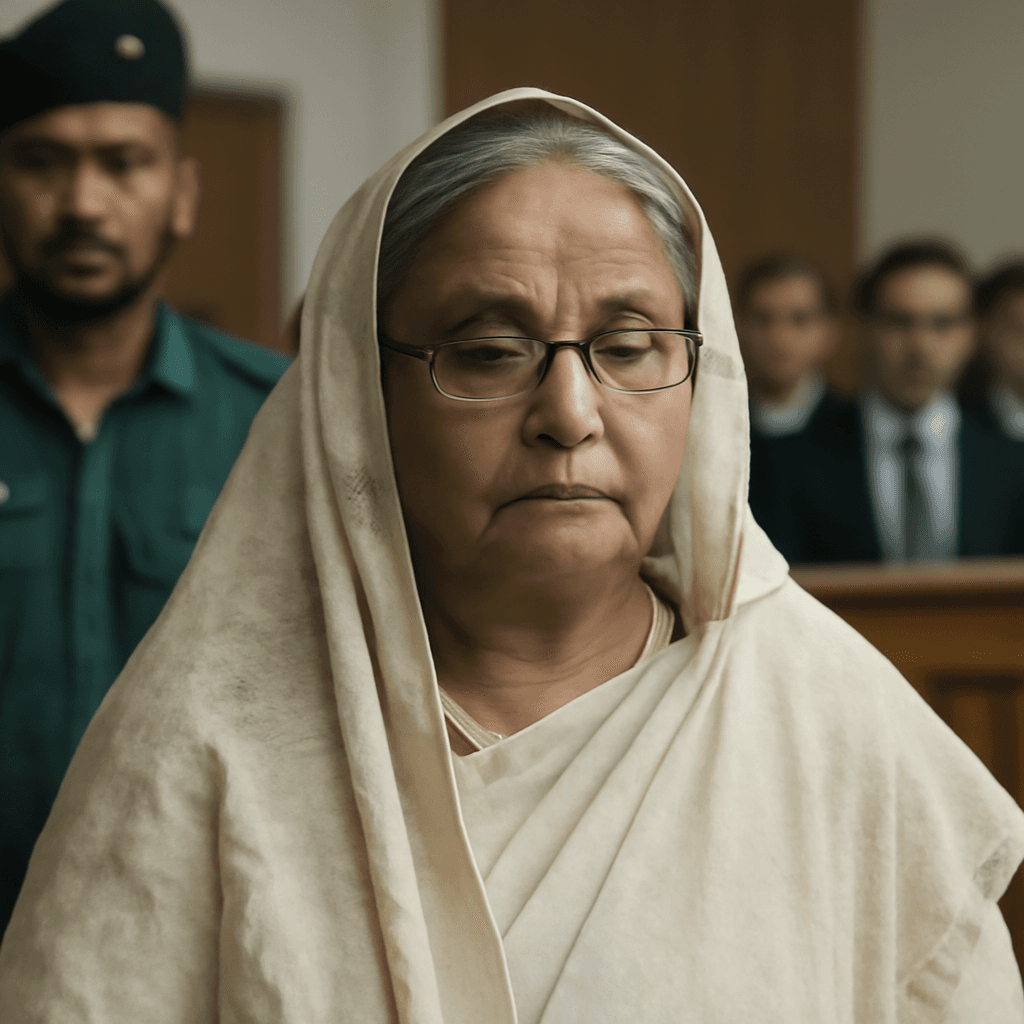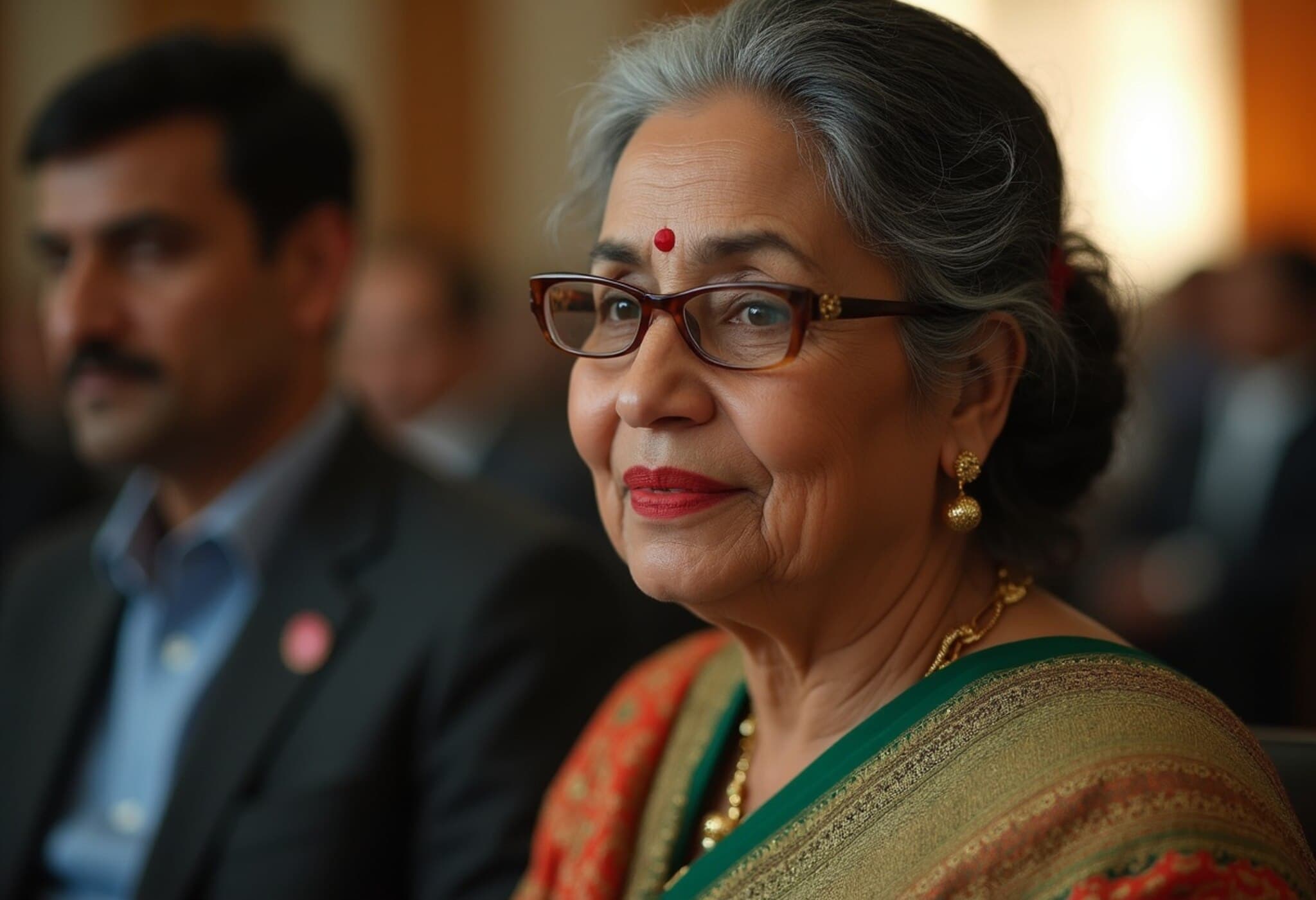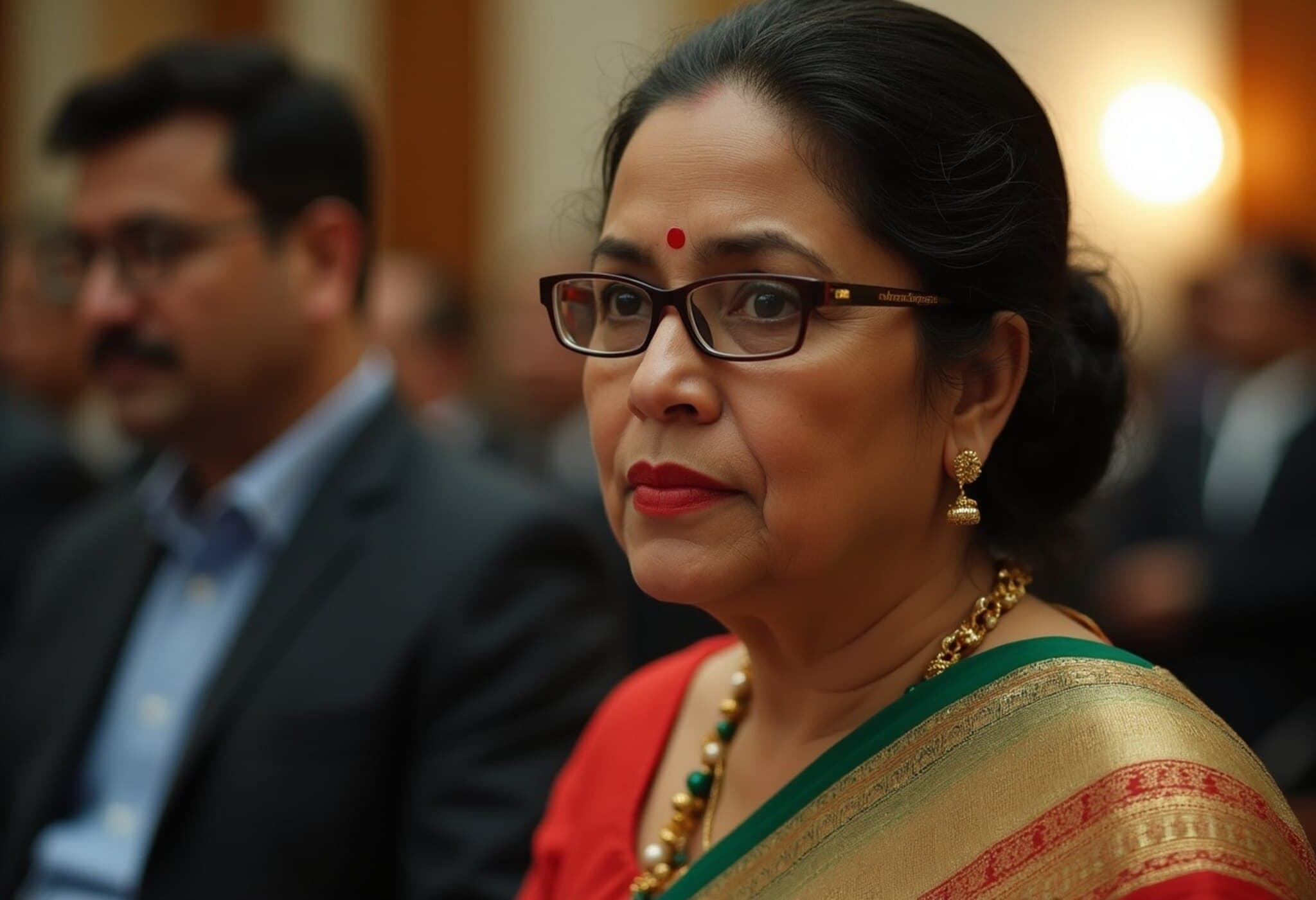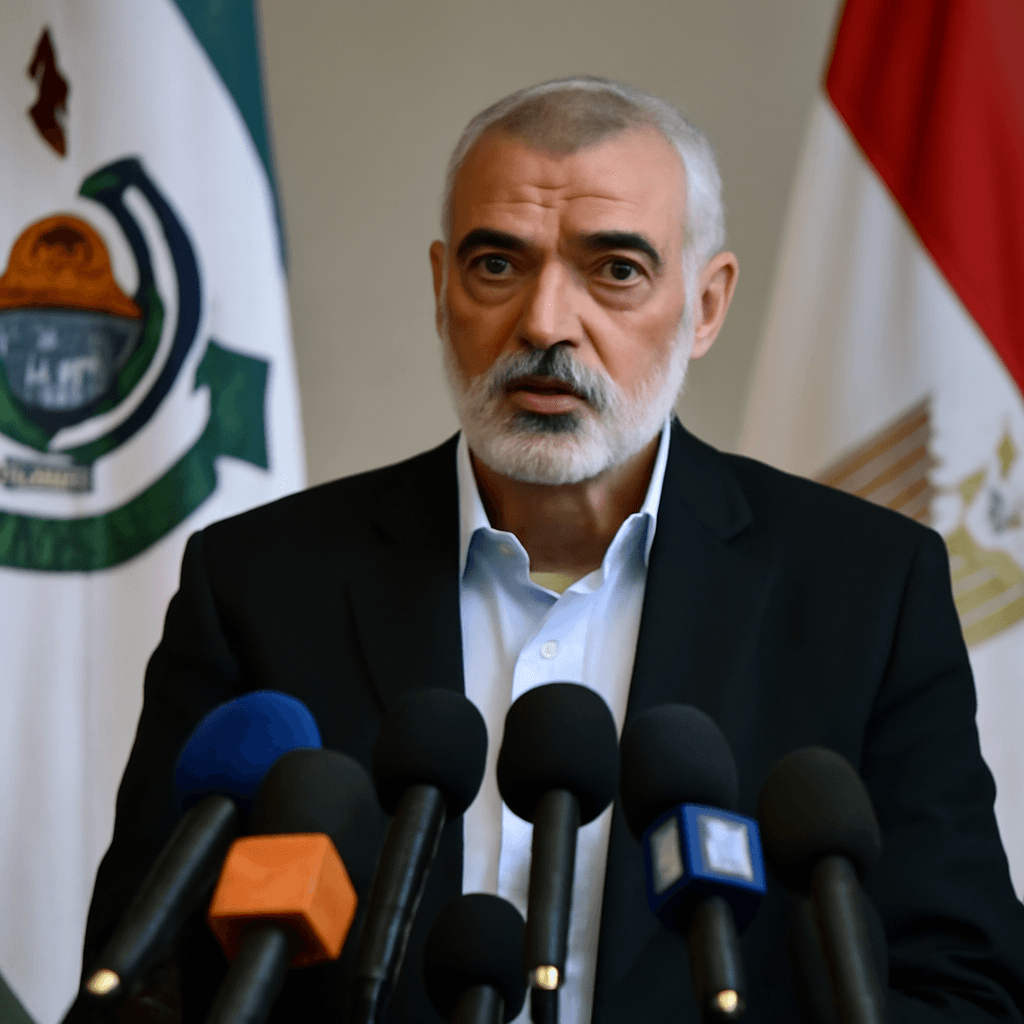Bangladesh's International Crimes Tribunal Charges Sheikh Hasina
Bangladesh's International Crimes Tribunal (ICT) has formally charged former Prime Minister Sheikh Hasina along with two other former officials in connection with crimes against humanity, including mass murder. The charges stem from a violent crackdown on student protests that occurred last year, resulting in significant casualties.
Details of the Charges
Alongside Sheikh Hasina, former Home Minister Asaduzzaman Khan Kamal and former Inspector General of Police Chowdhury Abdullah Al Mamun are accused of orchestrating and enabling brutal force against protesters. The tribunal has accused them of using law enforcement and armed affiliates to suppress the student-led demonstrations violently.
The charges filed by the prosecution include:
- Murder and attempted murder
- Torture and inhumane acts
- Abetting and incitement of violence
- Facilitation and complicity in offenses
- Failure to prevent crimes against civilians
Trial Proceedings and Legal Context
The trial commenced in absentia for Hasina and Kamal, both currently residing abroad, while Mamun remains in police custody. The tribunal has summoned all three to appear before the court by June 16. Under the ICT's jurisdiction, a conviction could result in the death penalty.
Significantly, the tribunal proceedings were broadcast live on national television for the first time in Bangladesh's history, demonstrating a move towards transparency in judicial processes.
Background on the Protests and Crackdown
The violent crackdown followed a press conference held by Sheikh Hasina on July 14, where an intensified response to student protests was allegedly sanctioned. Reports indicate that approximately 1,400 people lost their lives between July 15 and August 15 of the previous year as the government deployed force to quell the unrest.
The prosecution described the assaults as a coordinated and systematic attack involving multiple law enforcement agencies and party affiliates. The tribunal highlighted the involvement of senior officials in ordering and overseeing the operations against unarmed demonstrators.
About the ICT and Past Verdicts
The International Crimes Tribunal was established in 2009 to address war crimes from Bangladesh’s 1971 independence struggle. It has previously prosecuted and sentenced several high-profile political leaders to death for crimes against humanity, reflecting its role in addressing serious criminal allegations tied to national history.

